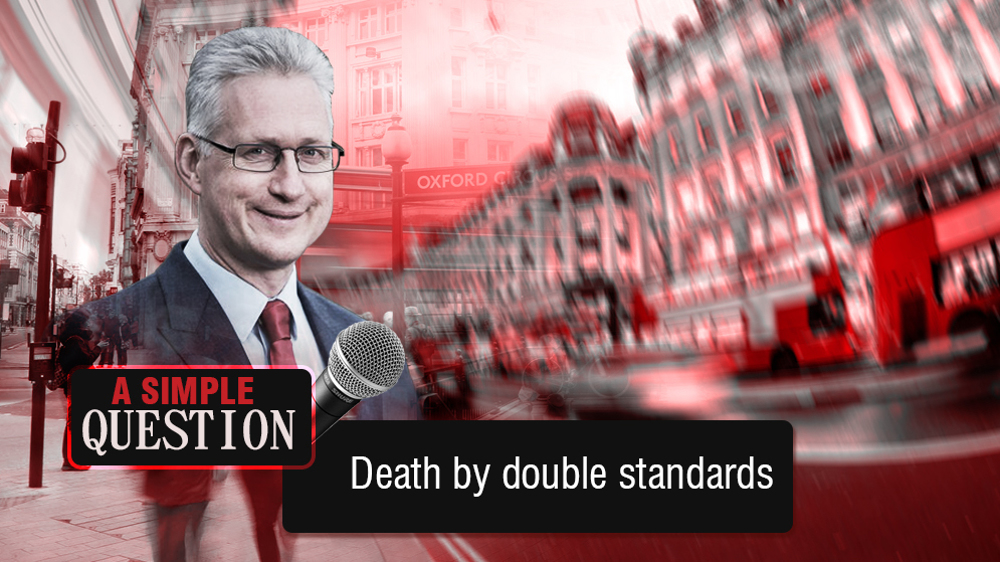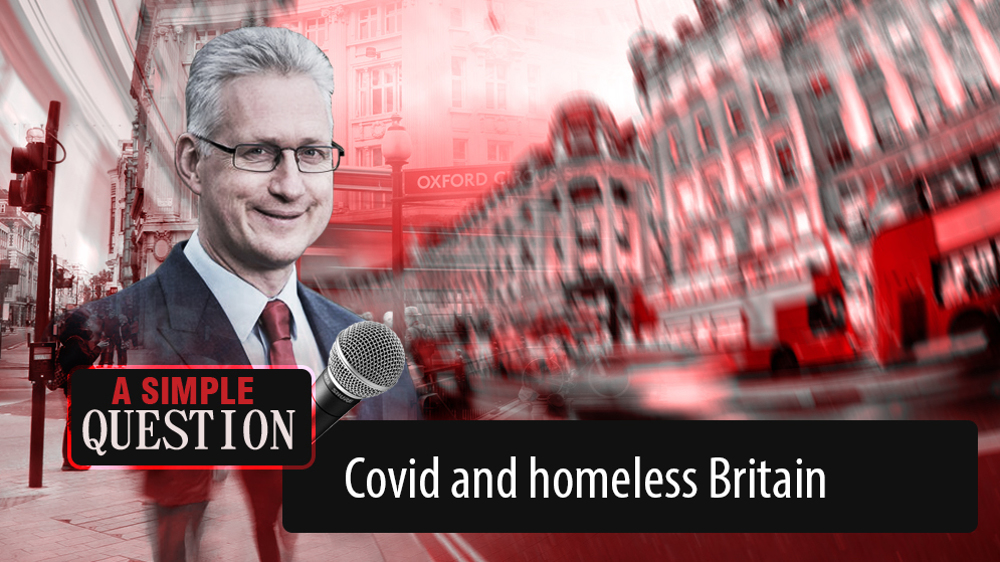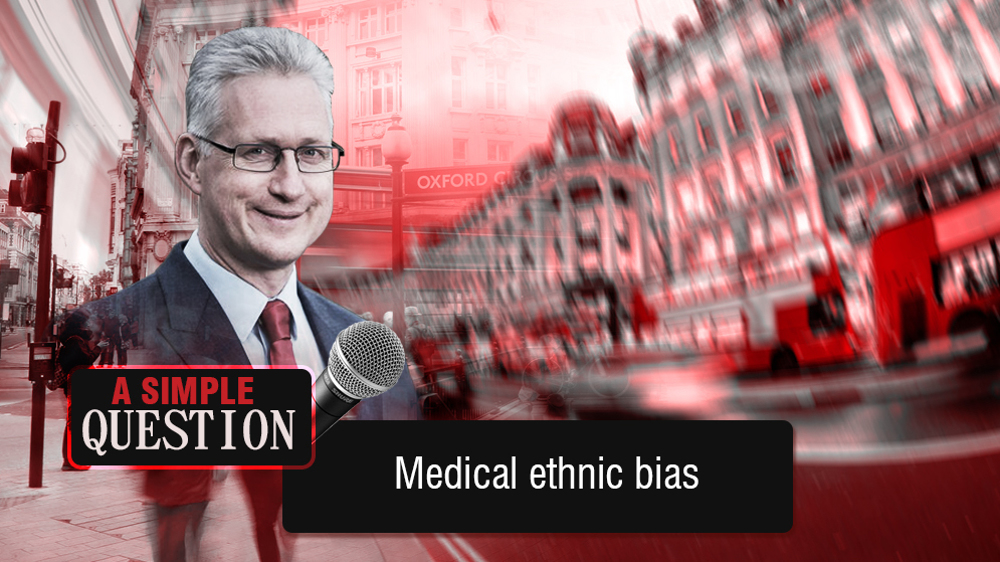Saudi Arabia censorship & journalist assassination
To outline the severe level of censorship in Saudi media outlets, discussing the matter with the public in the UK. Saudi Arabia has one of the most heavily censored media environments on earth.
That's according to Freedom House, an advocacy group that monitors the freedom in the countries around the world. Censors, Government appointed Editors and hugely restricted Internet freedom make criticism of the government, the royal family, or religious leaders and their decisions difficult or impossible. In some cases, it can lead to journalists being banned and news offices closing down. It is a system in which, sometimes, people can disappear completely.
Amongst the missing is prominent Saudi dissident journalist Jamal Khashoggi. Senior Turkish security officials concluded that Khashoggi, who vanished after visiting the Kingdom's consulate in Turkey's largest city of Istanbul last week, was assassinated there on orders from the highest levels of the Riyadh regime.
An unnamed Turkish official told the New York Times that a team of Saudi agents killed the 59-year-old writer within two hours of his arrival at the consulate, and then destroyed the evidence by cutting up his body.
Detentions aren't new. Essam Al Zamil, an economist and businessman known as a citizen-journalist on social networks, was detained, as was Jamal Farsi a citizen-journalist and journalist with several Saudi media platforms and Mustafa Al-Hassan, a blogger and founder of a pan-Gulf forum that encourages civil society development. Others resigned or became silent due to state sanctioned threats. Activists and journalists can easily be prosecuted under a new terrorism law adopted, heavily criticized by the United Nations and others
VIDEO | Press TV's news headlines
VIDEO | Iran’s FM highlights Martyr Soleimani’s enduring legacy
VIDEO | From Ground Zero: New York’s screening of Israeli genocide in Gaza
VIDEO | Silwad under attack: Settler assaults spiral in occupied West Bank
Israel deliberately undermining public order in Gaza: Euro-Med
Hamas approves list of 34 Israeli captives to release amid Doha talks
VIDEO | Fragile Israel-Lebanon ceasefire
VIDEO | Press TV's News Headlines









 This makes it easy to access the Press TV website
This makes it easy to access the Press TV website